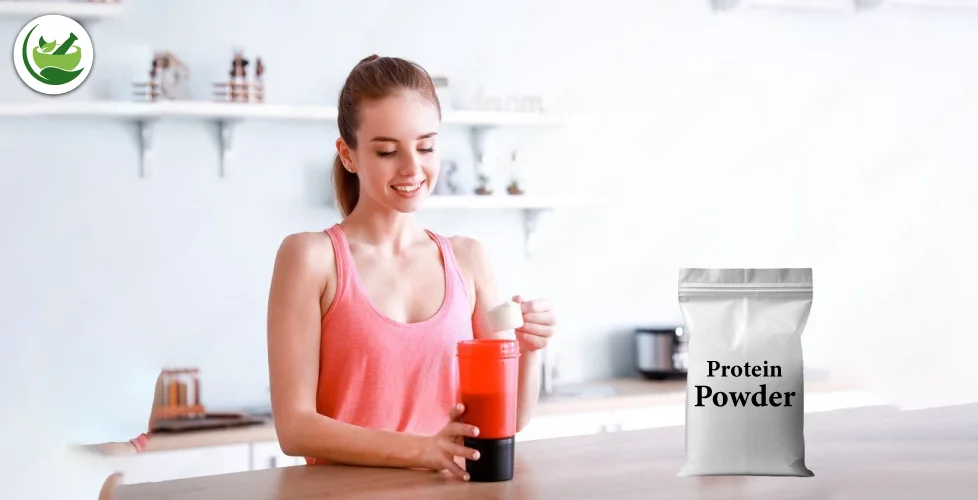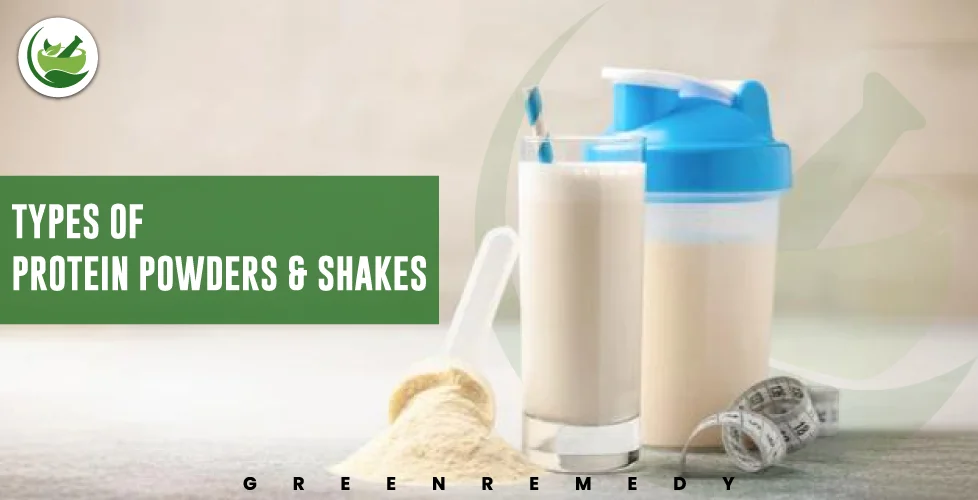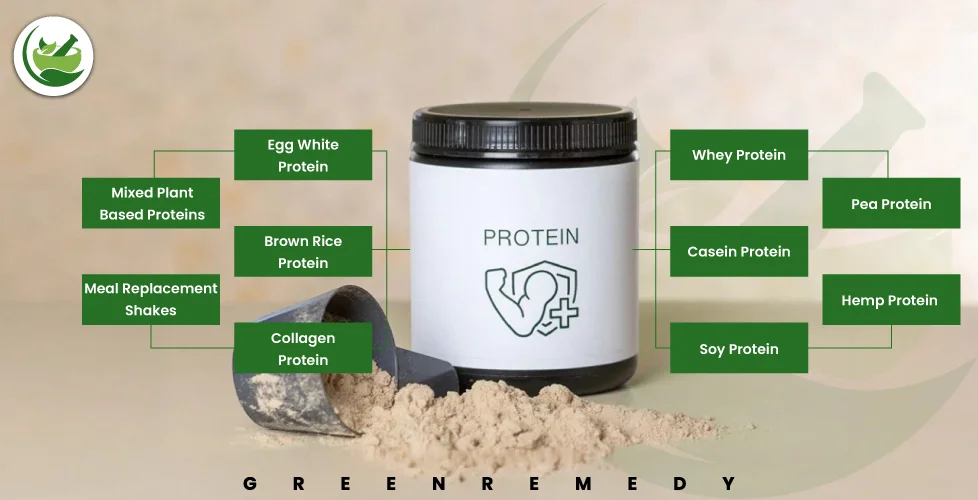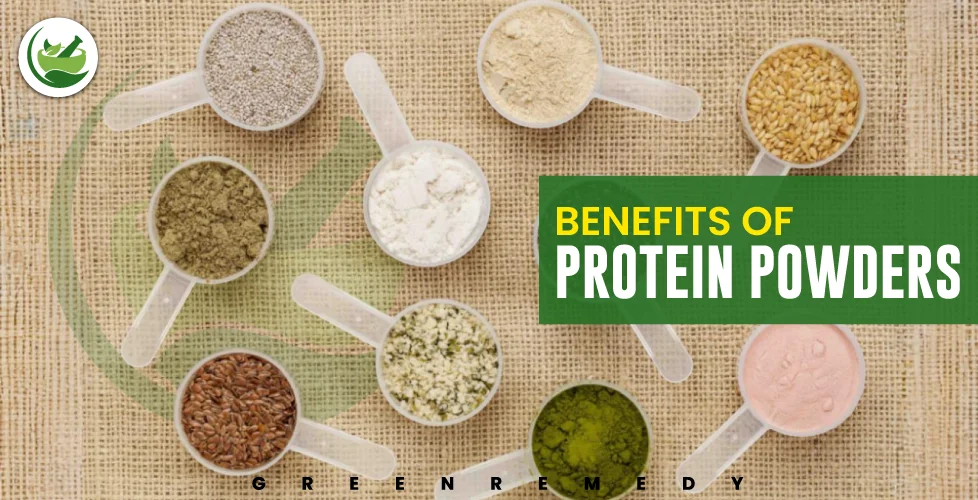
Whether you’re a fitness enthusiast, a busy professional, or someone simply looking to improve their nutrition, protein powders and shakes have become a go-to solution for better health and convenience.The Ultimate Guide to Protein Powders and Shakes. These versatile supplements offer a simple way to meet your daily protein needs, fuel muscle growth, aid recovery, and support overall wellness.
Why Protein Matters?
To begin with, protein is an essential macronutrient your body uses to build and repair tissues. It also plays a critical role in hormone production, immune function, and maintaining lean muscle mass. That’s where protein powders and shakes shine—they provide a concentrated, easy-to-consume source of high-quality protein, especially when your diet falls short.
Understanding Protein Powders and Shakes
Next, let’s dive into what makes protein powders and shakes so popular. They come in various forms such as whey, casein, soy, pea, and hemp, each offering unique benefits. These supplements are typically mixed with water, milk, or plant-based beverages to create a convenient shake that can be enjoyed anytime, anywhere.

Read more: Exploring the Synergy of CBD and Other Natural Remedies
Types of Protein Powders and Shakes
Transitioning into the specifics, here are the most common types of protein powders and shakes you’ll encounter:
1. Whey Protein
Derived from milk, whey is fast-digesting and rich in all essential amino acids. It’s ideal for post-workout recovery. To begin with, whey protein is one of the most popular and effective forms of protein. Sourced from milk during the cheese-making process, whey is a complete protein that contains all nine essential amino acids. Its rapid absorption rate makes it ideal for post-workout recovery, helping to repair and build muscle quickly. Many athletes and fitness enthusiasts turn to whey for its high leucine content, which is crucial for muscle protein synthesis.
2. Casein Protein
Also milk-based, but slower to digest, making it great for nighttime use. In contrast to whey, casein is a slow-digesting option in the world of protein. Also derived from milk, casein forms a gel in the stomach, releasing amino acids over several hours. This makes it an excellent choice before bed, as it supplies your muscles with a steady stream of protein during sleep. People looking to prevent muscle breakdown overnight often incorporate casein into their routine.
3. Soy Protein
A complete plant-based protein that supports muscle gain and heart health. Moving into plant-based options, soy is one of the most well-rounded vegan protein shakes. Made from defatted soybean flakes, soy protein is a complete plant protein that provides all essential amino acids. It’s especially beneficial for supporting lean muscle growth and cardiovascular health. Additionally, soy contains isoflavones, which may offer antioxidant and hormone-balancing effects, particularly for women.
4. Pea Protein
Hypoallergenic and rich in iron, perfect for vegans and those with food sensitivities. Another excellent plant-based choice among protein powders and shakes is pea protein. Extracted from yellow split peas, this protein is naturally hypoallergenic, making it ideal for those with food allergies or sensitivities. It’s rich in iron and has a high branched-chain amino acid (BCAA) profile, making it a favorite among vegans. Though not a complete protein alone, it pairs well with rice protein to achieve a balanced amino acid profile.
5. Hemp Protein
Packed with omega-3s and fiber, offering more than just protein. When discussing nutrient-dense protein powders and shakes, hemp protein deserves special mention. Derived from hemp seeds, this protein is not only a source of plant-based protein but also provides healthy omega-3 and omega-6 fatty acids, plus dietary fiber. Although it has slightly less protein per serving than others, it supports heart health, digestion, and inflammation control.
6. Egg White Protein
A great alternative for those avoiding dairy. For those avoiding dairy but still wanting an animal-based source, egg white protein is a clean and efficient option in the protein powders and shakes market. This protein is fat-free, cholesterol-free, and rich in essential amino acids, making it a solid choice for muscle development. Additionally, it’s low in carbohydrates, which appeals to those following low-carb or ketogenic diets.
7. Brown Rice Protein
Though not a complete protein alone, it’s often combined with pea protein for better amino acid balance. Although brown rice protein isn’t a complete protein on its own, it’s still a valuable contender among protein powders and shakes. High in B-vitamins and fiber, it’s gentle on digestion and often used in combination with pea protein to make a complete profile. It’s a great gluten-free and dairy-free option for people with sensitive stomachs or restrictive diets.
8.Collagen Protein
Best for joint, skin, and gut health, although not a complete protein. Among the more specialized protein powders and shakes, collagen protein stands out for its beauty and joint-supporting benefits. Sourced from animal connective tissues, it supports skin elasticity, joint health, and gut lining integrity. However, it’s not a complete protein and is best used to complement a varied diet rather than as a sole protein source.
9. Mixed Plant-Based Proteins
Often a blend of pea, rice, chia, or flaxseed to ensure completeness. As we transition into blends, many modern protein powders and shakes feature mixed plant-based formulas. These blends often combine sources like pea, brown rice, chia, quinoa, and flaxseeds to create a complete amino acid profile. The synergy of these ingredients provides balanced nutrition for vegans and vegetarians, along with the added benefits of fiber, antioxidants, and healthy fats.
10. Meal Replacement Shakes
These combine protein powders and shakes with carbs, fats, vitamins, and minerals for total nourishment. Finally, meal replacement options take protein powders and shakes a step further by combining protein with carbohydrates, fats, vitamins, and minerals. Designed to serve as a full meal, they are convenient for those on the go or following structured weight management plans. When chosen carefully, they can support balanced nutrition, sustained energy, and appetite control.
Read more: Super Healing Cold Sore Lip Balm: A Homemade Remedies Recipe

Read more: Tea Remedies for Immune Support from the Grocery Store
A detailed comparison table of the most common types of protein powders and shakes based on their source, digestibility, key benefits, suitability, and potential downsides:
| Protein Type | Source | Digestibility | Key Benefits | Best For | Possible Downsides |
| Whey Protein | Milk (animal-based) | Fast | Complete protein, muscle recovery, BCAAs | Post-workout recovery, muscle building | Not suitable for lactose-intolerant or vegans |
| Casein Protein | Milk (animal-based) | Slow | Sustained release of amino acids, anti-catabolic | Nighttime use, long-lasting satiety | Dairy allergy or intolerance |
| Soy Protein | Soybeans (plant) | Moderate | Complete plant protein, heart health, muscle gain | Vegetarians, vegans | May affect hormone levels in large quantities |
| Pea Protein | Yellow peas (plant) | Moderate to Fast | Hypoallergenic, high iron content | Vegans, people with food allergies | Slightly lower in methionine (amino acid) |
| Hemp Protein | Hemp seeds (plant) | Moderate | Omega-3 fatty acids, fiber-rich | Whole-food seekers, vegans | Lower protein per serving, earthy taste |
| Egg White Protein | Eggs (animal-based) | Fast | High bioavailability, dairy-free | Lactose-intolerant individuals | Not suitable for vegans |
| Brown Rice Protein | Brown rice (plant) | Fast | Easily digestible, gluten-free | Sensitive stomachs, plant-based diets | Not a complete protein alone |
| Collagen Protein | Animal connective tissue | Moderate | Supports joints, skin, and gut health | Aging individuals, skin and joint health | Incomplete protein, not for muscle building |
| Mixed Plant Proteins | Pea, rice, flax, chia | Varies | Balanced amino acid profile, complete plant protein | Vegans seeking completeness | May be pricier than single sources |
| Meal Replacement Shakes | Various combinations | Varies | All-in-one nutrition (protein + fats + carbs + vitamins) | Busy individuals, weight management | Can be high in sugar or fillers if not careful |
How to Choose the Right Protein Powder and Shake
At this point, choosing the right protein powders and shakes can feel overwhelming. Here are some tips to guide your decision:
- Identify Your Goals – Is your aim to build muscle, lose weight, or simply supplement your diet?
- Check the Ingredients – Avoid artificial sweeteners, additives, or excessive sugars.
- Match It to Your Diet – If you’re vegan, go for plant-based options. Lactose intolerant? Choose dairy-free alternatives.
- Look for Third-Party Testing – Brands tested for purity and quality ensure safety.
- Taste and Texture – Since you’ll be drinking it regularly, find a flavor and consistency you enjoy.
- When and How to Use Protein Powders and Shakes
Now that you’ve picked your supplement, timing and usage matter. Protein powders and shakes are most commonly used:
- Post-Workout – To kickstart muscle recovery.
- As a Meal Replacement – With added fruits, oats, or nut butters for a balanced shake.
- As a Snack – To curb cravings between meals.
- Before Bed – Especially casein-based shakes, to feed muscles overnight.

Read more: Exploring the Synergy of CBD and Other Natural Remedies
Benefits of Protein Powders and Shakes
Additionally, the benefits of using protein powders and shakes extend far beyond muscle-building. Here’s why they’re worth considering:
- Muscle Growth and Recovery – Supports muscle repair after exercise and boosts growth.
Weight Management – Helps you feel full longer and supports fat loss by preserving lean muscle. - Convenience – A quick, portable option for people on the go.
- Nutrient Support – Enriched with vitamins, minerals, and added ingredients like probiotics or fiber.
Customization – Easily tailored to dietary needs (vegan, gluten-free, low-carb, etc.).
Mix with water for quick absorption or blend with milk, bananas, berries, or greens for added nutrients.
Read more: Herbal Remedies for Stress and Anxiety
Potential Side Effects to Consider
Of course, not all protein powders and shakes are created equal. Overconsumption or sensitivity to certain ingredients can lead to:
- Digestive Issues – Bloating or gas, especially with lactose-containing whey.
- Kidney Strain – In individuals with pre-existing kidney conditions.
- Allergic Reactions – Especially with soy or dairy-based proteins.
- Artificial Additives – Some formulas contain fillers or low-quality ingredients.
To avoid problems, choose high-quality, clean-labeled products and stick to the recommended serving sizes.
Homemade Protein Shake Recipes to Try
For those who prefer natural ingredients, homemade protein powders and shakes can be just as effective. Here are a few DIY ideas:
- Banana Oat Shake
- 1 scoop whey protein
- 1 banana, ½ cup oats, almond milk
- Boosts energy and supports muscle recovery.
- Green Protein Detox Shake
- 1 scoop plant protein, spinach, cucumber, lemon juice
- Perfect for post-workout cleansing.
- Peanut Butter Chocolate Shake
- 1 scoop chocolate protein, 1 tbsp peanut butter, milk
- A delicious treat that satisfies cravings.
- Berry Blast Shake
- Plant protein, blueberries, Greek yogurt, chia seeds
- Great for antioxidants and digestion.
These homemade versions ensure that your protein powders and shakes are as clean and personalized as possible.
Read more: Homemade remedies for a sore throat
What Experts Say About Protein Powders and Shakes
Furthermore, nutritionists and fitness coaches generally agree that protein powders and shakes are a helpful tool—not a magic bullet. They work best when used to supplement a balanced diet and consistent exercise routine, not replace whole foods entirely. Experts also emphasize the importance of moderation and choosing products aligned with your body’s needs.
Trends in the Protein Powder Industry
Moreover, the future of protein powders and shakes is looking innovative. Here are some notable trends:
- Plant-Based Popularity – Driven by sustainability and allergen concerns.
- Functional Blends – With added probiotics, greens, or adaptogens.
- Clean Labels – Consumers demand transparency in sourcing and ingredients.
- Personalized Nutrition – Brands offering custom formulas based on your health data.
Keeping up with these trends can help you make smarter, more effective choices.
Final Thoughts:
Are Protein Powders and Shakes Right for You?
In conclusion, protein powders and shakes offer a powerful way to meet your health and fitness goals. Whether you’re looking to bulk up, slim down, or simply stay energized throughout the day, there’s a protein product tailored for your lifestyle. With the right knowledge and mindful selection, these supplements can be an integral part of your wellness journey.
So, go ahead—explore the world of protein powders and shakes and unlock their potential to fuel your body, support your goals, and simplify your routine.
Read more: Common Cold Cures Remedies from Your Pantry
5 FAQs
1. Are Protein Powders and Shakes safe to consume daily?
Yes, Protein Powders and Shakes are generally safe for daily use when consumed in appropriate amounts. They should complement a balanced diet, not replace whole food sources entirely. Always check the label for additives, and consult a healthcare provider if you have kidney issues or specific health conditions.
2. What is the best time to take Protein Powders and Shakes?
The ideal time to consume Protein Powders and Shakes depends on your goals. For muscle recovery, it’s best taken within 30 minutes post-workout. For weight management or meal replacement, it can be consumed as a breakfast or snack.
3. Can vegetarians and vegans use Protein Powders and Shakes?
Absolutely! There are many plant-based Protein Powders and Shakes such as pea, soy, hemp, and rice protein, which are suitable for vegetarians and vegans. Mixed plant-based blends also offer a complete amino acid profile.
4. Do Protein Powders and Shakes help with weight loss?
Protein Powders and Shakes can support weight loss by promoting satiety, preserving lean muscle mass, and reducing overall calorie intake when used as part of a structured plan. Choose low-sugar and low-calorie formulas for optimal results.
5. How do I choose the right Protein Powders and Shakes for my needs?
To choose the best Protein Powders and Shakes, consider your dietary restrictions, fitness goals (muscle gain, weight loss, general wellness), taste preference, and any allergies. Whey suits muscle building, while pea or hemp may be better for sensitive diets.






